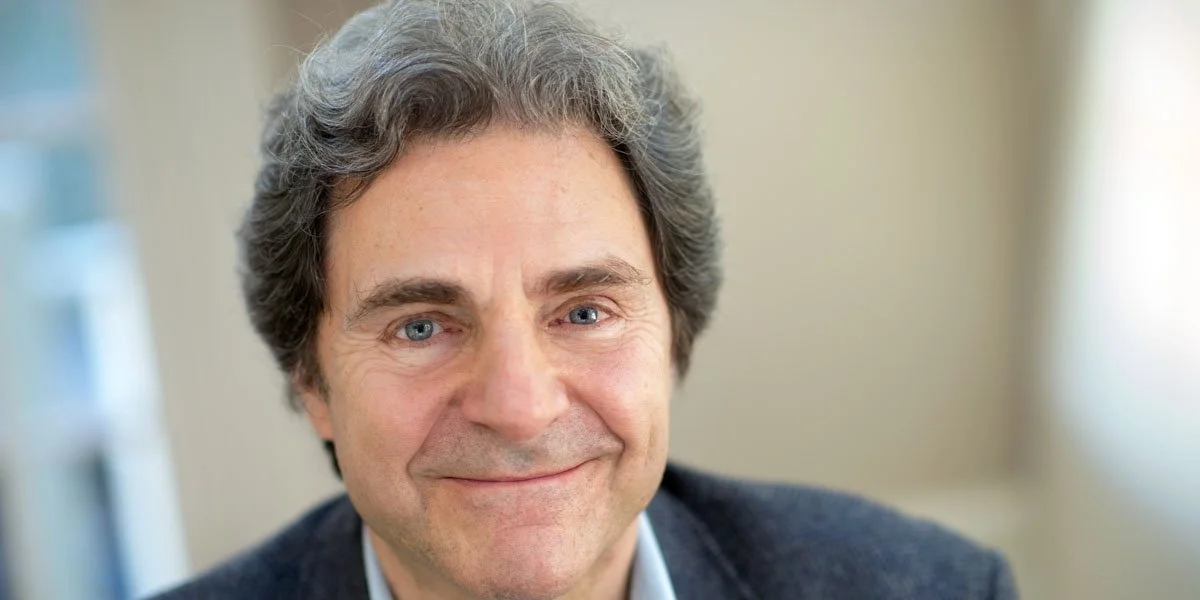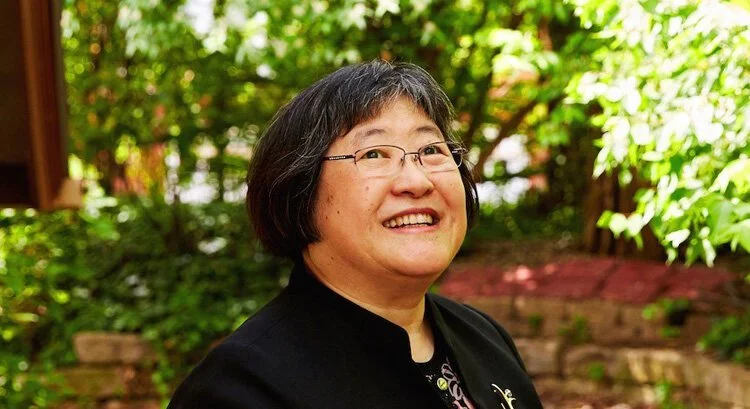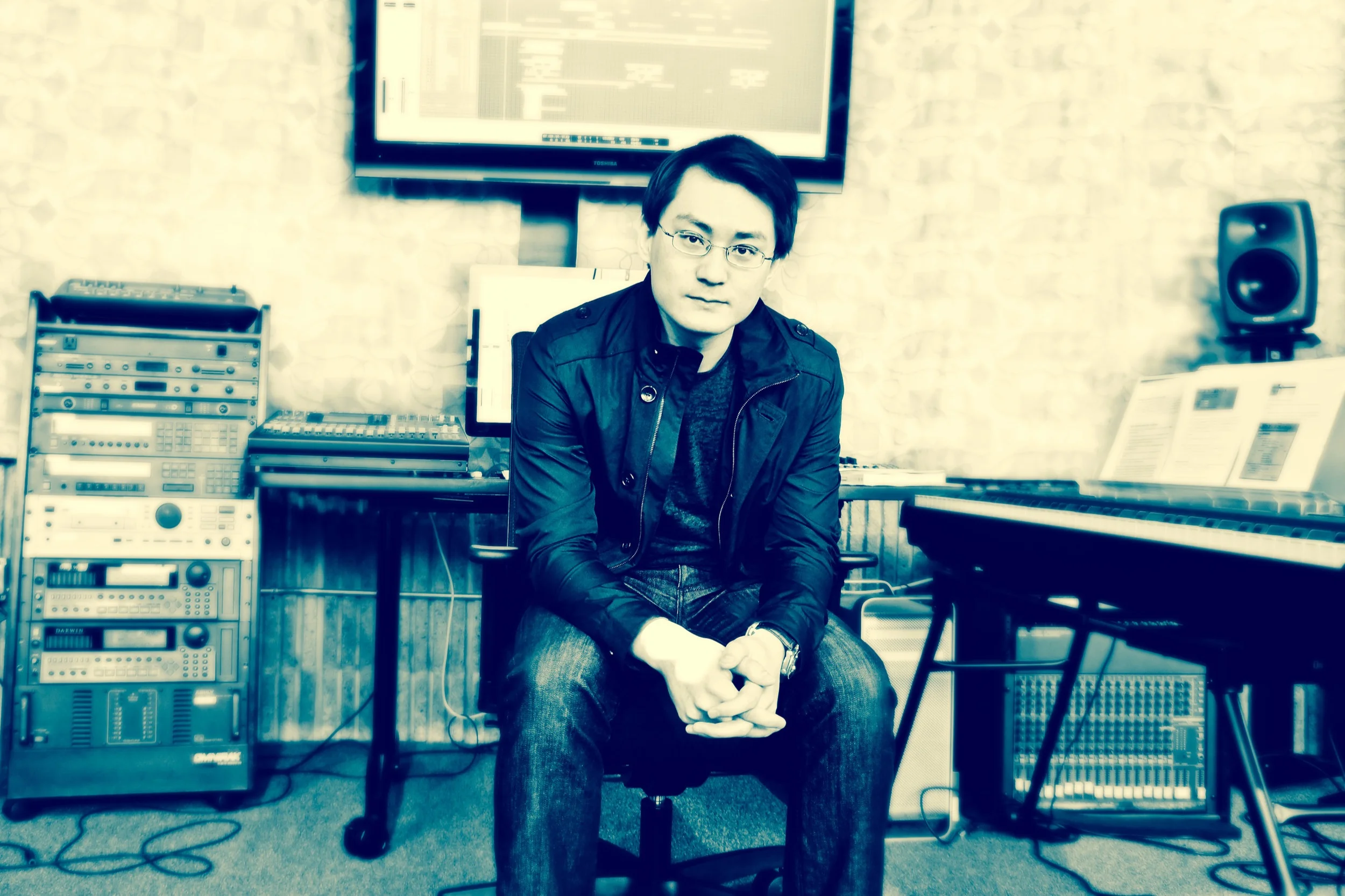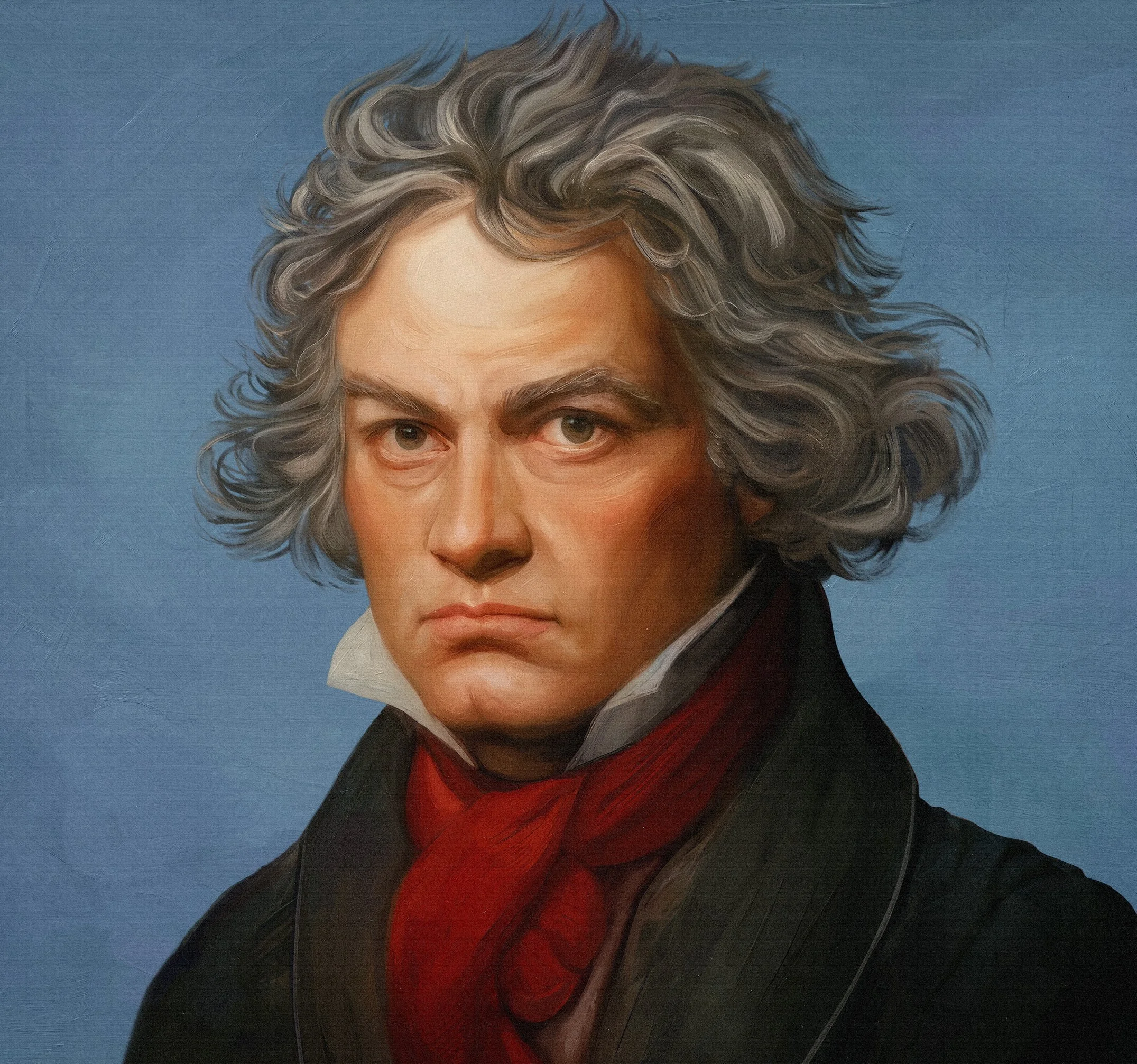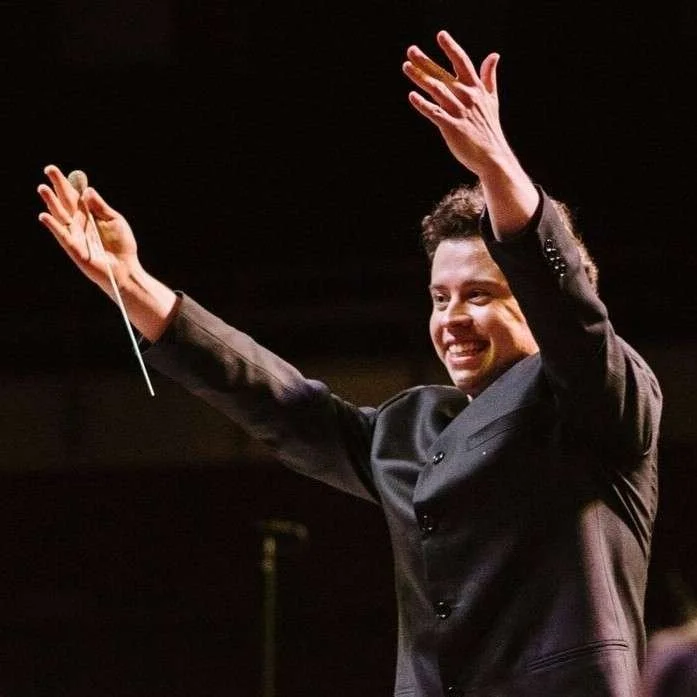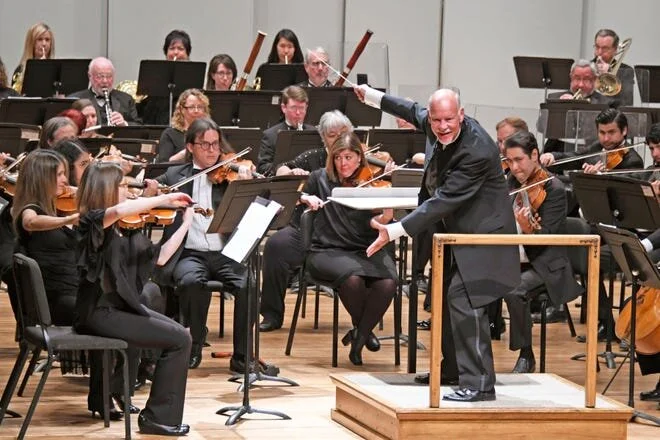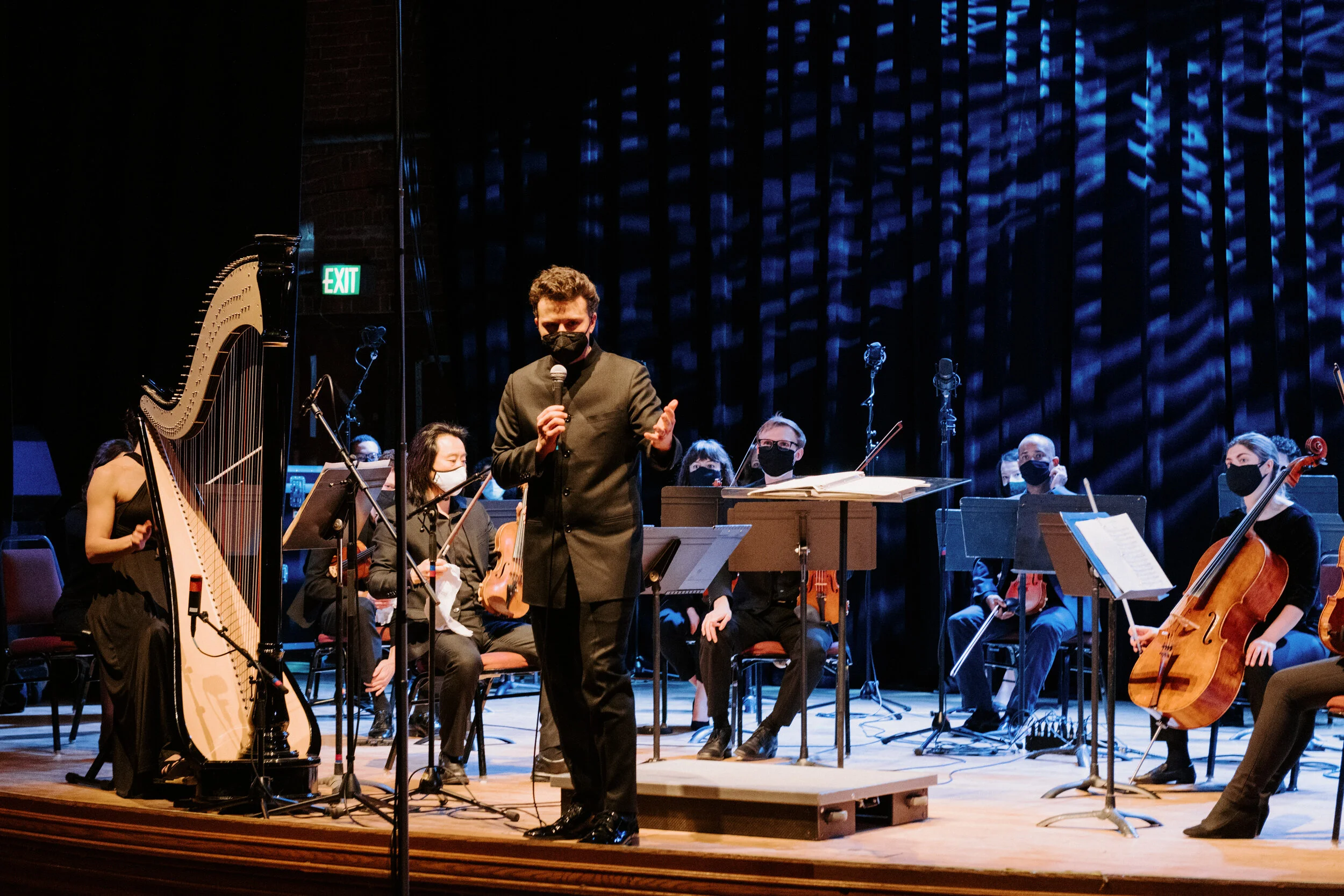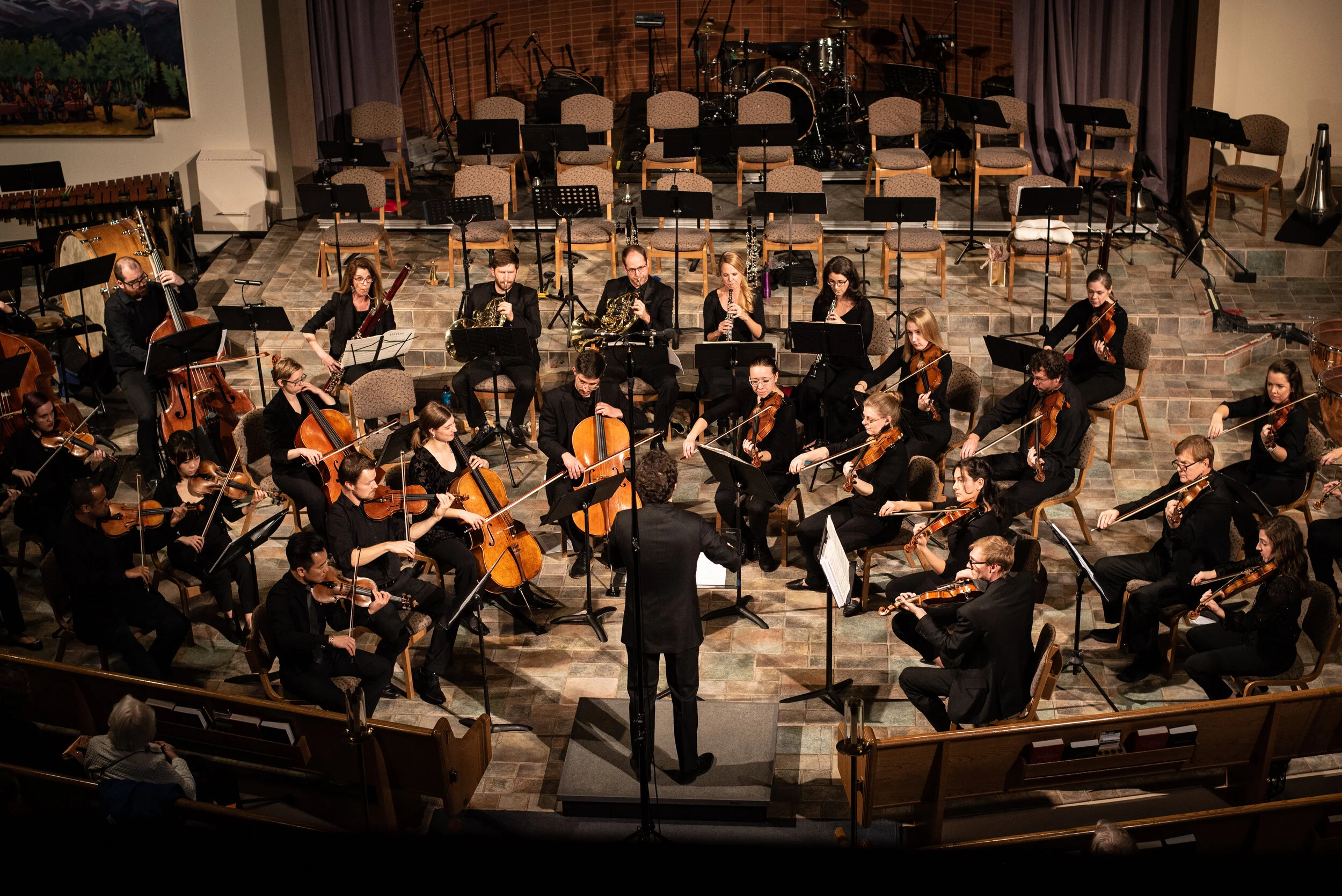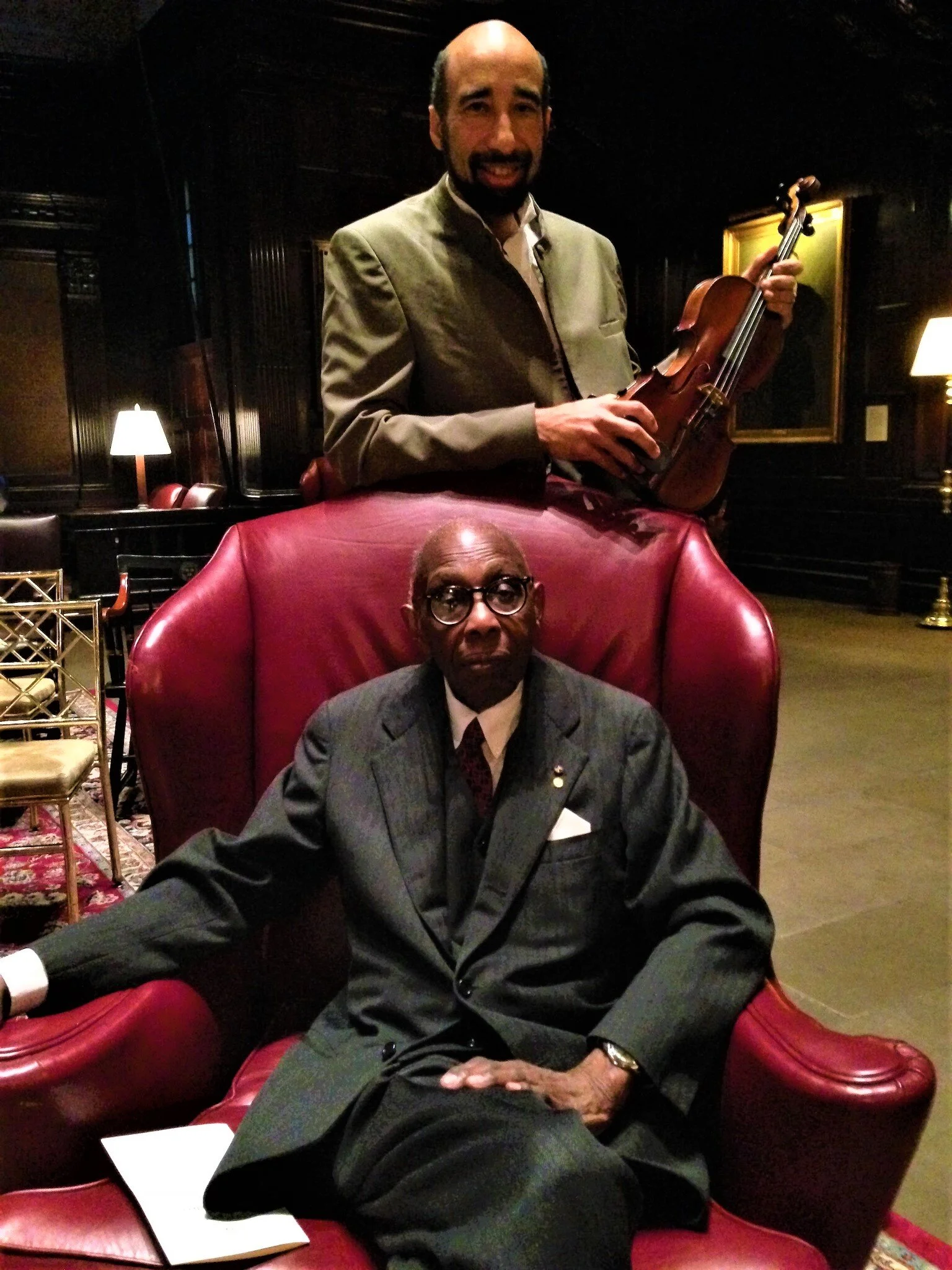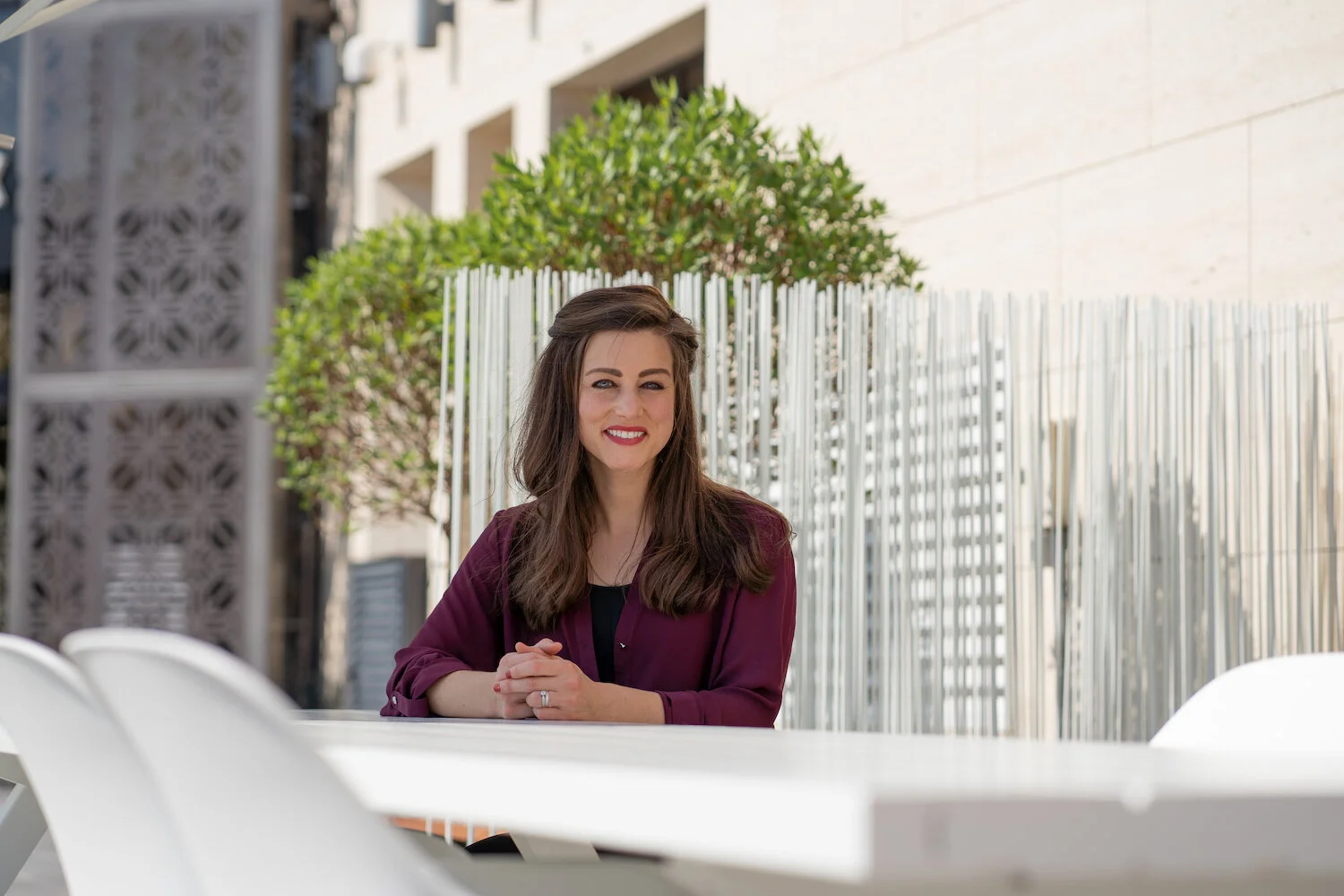John Williams’s music doesn’t just accompany stories—it elevates them.
In a conversation with One Symphony, author Tim Greiving joins conductor Devin Patrick Hughes to explore the life, craft, and quiet genius behind the world’s most beloved film scores, from Star Wars to E.T. to Harry Potter.
Nan Avant: Composer of Nature and Emotion
Composer Nan Avant joins conductor Devin Patrick Hughes to share how she transforms the beauty and power of nature into orchestral sound. From the winds of Lahaina and the tides of the sea to the birth of distant nebulas, Avant blends classical tradition, cinematic color, and unexpected instruments — from steel road plates to wind machines — to tell her musical stories.
Kebra Seyoun Charles: Bridging Tradition and Innovation in the World of Classical Music
Devin Patrick Hughes: You've mentioned that you draw inspiration from a range of sources, including gospel and house music. How does that blend influence your classical compositions?
Kebra Seyoun Charles: Absolutely. House music, for instance, has this pulse that speaks to a basic human instinct. The “four-on-the-floor” beat—steady, repetitive downbeats—gets people on the dance floor. I try to incorporate that instinctive rhythm into my work, alongside the harmonic and formal complexity of classical music. I’m influenced by minimalist composers like Julia Wolfe, who create repeating, discernible forms that audiences can connect with. It’s about merging rhythmic clarity with the intricacy of classical form.
Symphony of the Rockies "Three B's" Preconcert Chat
First Symphonies are many times the most daunting tasks a composer can undertake. Composers are no different than us: they have fears, self-consciousness, and doubts about putting something new into the world.
Beginnings are also very exciting. The uncertainty of untapped possibility can lead to extraordinary things. It is in the context of creation that we explore the idea of the “Three B’s” (traditionally know as Bach, Beethoven, & Brahms).
To open the first official Symphony of the Rockies concert, I wanted to take tradition and create the foundation for another 70 years of symphonic innovation and excellence. Starting with Brittany J. Green who is known for sonic world building and for exploring the construction, displacement, and rupture of systems, In the Beginning tracks the creation of a possibility, its destruction, and what remains.
Unlocking the Power of the Arts with Teaching Artist Eric Booth
The interview features an engaging conversation between host Devin Patrick Hughes and Eric Booth, a teaching artist and a central figure in the field. Right from the start, Eric shares his passion for teaching artistry and his extensive experience in working with orchestras and ensembles around the world. As you listen to their conversation, you'll discover the true essence of teaching artistry, its purpose, and the significant role it plays in opening up the world of classical music to broader audiences.
In teaching artistry, the power of music is unlocked and shared with a broader audience. Through thought-provoking conversations, engaging examples, and personal anecdotes, Eric Booth and Devin Patrick Hughes shed light on the transformative potential of teaching artistry. You will gain a deeper appreciation for classical music, a fresh perspective on teaching and learning, and insights into the limitless possibilities of connecting with art on a personal level.
The Music Between Cultures: A Chat with Composer Chen Yi
Celebrated composer Chen Yi shares her life's journey with host Devin Patrick Hughes. Chen Yi touches upon her roots in China, how classical music came into her life due to her music-loving parents, and the experience of living through the Cultural Revolution. She credits her upbringing and early life experiences for shaping her perspective towards education, community service, and music. Chen Yi moved to Beijing after the Cultural Revolution to study music and was one of 32 selected from 20,000 applicants to study at the Beijing Central Conservatory. She talks about the various musical styles she learned and how they inspired her compositions. The discussion gives an insight into Chen Yi's blend of Western and Chinese musical traditions, drawing from her experiences, culture, and a wide range of musical techniques. Chen Yi also talks about 'Momentum,' one of her favorite works, and how the community and society have inspired her compositional process.
Rachel Barton Pine: Blending Genres and Bridging Worlds Through Music
It's not every day that you encounter a musician who, at a young age, found a passion for both classical and heavy metal music. Rachel Barton's story is a testament to the power of music to transcend boundaries and genres. Conductor Devin Patrick Hughes sits down with one of the great violinists of our time, Rachel Barton Pine.
Rachel Barton's career defies conventional boundaries, proving that music can be a powerful tool for connection and understanding. Her journey from a classical violin prodigy to an artist who bridges genres is a remarkable story of passion, innovation, and dedication to music's universal appeal.
Devin Patrick Hughes: Bringing music to lif
Devin Patrick Hughes credit his father with sparking his love of classical and orchestral music from an early age.
Rising up in Springfield, Sick., Hughes stated his father, who died at the start of the COVID-19 pandemic, traveled to Chicago steadily to “see all the good symphonies.”
“Two of his favourite items had been Dvorak’s ‘New World Symphony’ and (Bruch’s) ‘Scottish Fantasy,’” Hughes stated.
When Hughes, a Colorado-based orchestral and operatic conductor of Irish and Guatemalan descent, was given the chance to conduct these two symphonic works for his upcoming live performance for the Salina Symphony, “that sealed the deal for me.”
“It’s a very cool, uplifting program to carry to the neighborhood,” he stated. “I consider symphonic music has significance in all of our lives, that an orchestra is the guts and soul of a neighborhood. I really feel that music binds us all collectively.”
Hughes is extremely regarded for his music rating interpretations, advocacy for music accessibility, ardor for music of all genres and entrepreneurial vigor. He at the moment serves as music director and conductor of the Boulder Symphony and Arapahoe Philharmonic, each situated within the Denver metro space.
Composer in Isolation: A Conversation with composer Edgar Girtain and conductor Devin Patrick Hughes
Arapahoe Philharmonics composer in residence Edgar Girtain sits down with conductor Devin Patrick Hughes:
One of the things I notice, you’re kind of like a romantic composer out of place and out of time, living in the year 2021. Because there’s Mahler and Wagner in a lot of your music, there’s also some Brahmsian qualities.
I remember once you made a comment to me that it seemed like I was still finding my voice. And I think that that’s continued, that path. Like, I really don’t think much about if I’m romantic or tried to place myself in any kind of way. If I write music that sounds out of place, it’s because in a lot of ways my life is not so different from those historical composers. I work in a church. I’m like a little kapellmeister down here, you know? That’s my job. And what is the music that we play? Every week I play a Brahms Sonata or songs, and it’s mostly that kind of music. And I love that music so it comes through when I write. But I would say more than romantic, I’d say that I have a polyglot language because really I listen to all kinds of music. I love contemporary music as well. I take what I can and it’s just tools that go into the tool bag and as I go, I just take them out as I need them.
Symphony Season begins this weekend
The Muse in Music
It’s great to be able of course to do an orchestral premiere, a world premiere, with string orchestra but when you get to merge different genres like this and create something out of some classic pop or rock tunes, I think that’s really exciting, not only for the orchestra and performers but for the audience. It brings new audiences with different interests into the concert venues.
The Conductor’s Relationship with the Music, Orchestra, & Audience
Essentially a conductor is using every tool at his or her disposal, whether it be physical or emotional, to communicate the music not only with the musicians but ultimately the audience. I think music is the most amazing thing that God ever created. It’s the thing that binds all of us. We can communicate with each other, we can laugh, we can cry, we can experience a great drama as one.
Father & Son: Gregory T.S. Walker on his Music & George Walker's Legacy with Conductor Devin Patrick Hughes
I think some people would just assume if you’ve got a creative individual, a composer, a writer, that the wonderful thing about these people is that they can create, they can produce something out of nothing. I would argue, most of us folks who consider ourselves creative, are sculpting down from something that already exists virtually in our imagination. And I mentioned that now because in a sense that took that to a logical extreme. You cut away all these things. It's all about what you don't want: you cut away, cut away, cut away. And then what you have left is your art.
The Earth is not the center of the Universe: An interview with composer John Clay Allen and conductor Devin Patrick Hughes
I believe that the reason great art can be so moving and powerful is that it does illuminate some sort of truth. What that truth is is unique to the person experiencing it. I think we have to separate the artist and their intentions from the art itself. Experiencing art and music is subjective; every listener brings their own set of experiences, memories, and expectations. If a hundred people hear a piece of mine, there’ll be a hundred different interpretations of it, all of which are valid. Even when a composer tries to prescribe meaning to a work through a title or program note, the piece still ultimately belongs to the listener. Sometimes communities will latch onto a piece and it does become a vehicle for change in society, but that’s completely outside the composer’s control.
Einstein's Dream: An interview with composer Cindy McTee and conductor Devin Patrick Hughes
Einstein said "All great achievements of science start from intuitive knowledge.” He also said "After a certain high level of technical skill is achieved, science and art tend to coalesce in esthetics, plasticity, and form. The greatest scientists are always artists as well.”
I think we could turn that sentence around and say that "The greatest artists are always scientists as well.”
I would like my music to communicate an integrated approach between spontaneity and formalism, subjectivity and objectivity, heart and brain, art and science. In fact, I think music is moving toward (or back to) a place of balance between these necessary opposites.
Elizabeth Foster Comninellis composes Fire and Glass with conductor Devin Patrick Hughes
I enjoy the challenge of working within parameters. As a composer, it's best to write for an ensemble you know is going to play your music. The goal is to write something that works for someone, that benefits them and benefits you, and so I like the challenge of being told, ‘here are the parameters, can you do something creative within these parameters?’ I actually don't find it limiting at all. The parameters give you a guideline, they give you a starting point, which I find helpful as a composer. I wrote many pieces early in my compositional career that I just wrote purely out of inspiration. And a number of them have never been played because I didn't have any kind of practical consideration in mind. I didn't have particular players in mind. I didn't have a particular venue or time in mind. So they sort of got shelved. And then I began writing more specifically for musicians who were friends or ensembles who needed music. I love that collaboration. I love being able to work with a group of musicians who say, ‘we need this for this purpose. Could you put something together for us, could you write something for us?
Transcontinental Railroad with Composer Zhou Tian & Conductor Devin Patrick Hughes
Composer Zhou Tian: 2 years ago, I was delighted to have been invited to compose a new work commemorating the 150th anniversary of the Transcontinental Railroad’s completion in May 2019. When I learned that 13 American orchestras — many of which are located along the route of the Railroad — would join forces together to commission and premiere this new work across the country, I was truly honored, as I knew the significant cultural impact this project would entail.
As a Chinese-born composer who immigrated to this country, educated at the nation’s top music schools, and now serving at one of its finest institutions, I was moved to create this work to tell a musical story, to celebrate human perseverance, and to pay tribute to my own cultural heritage.

